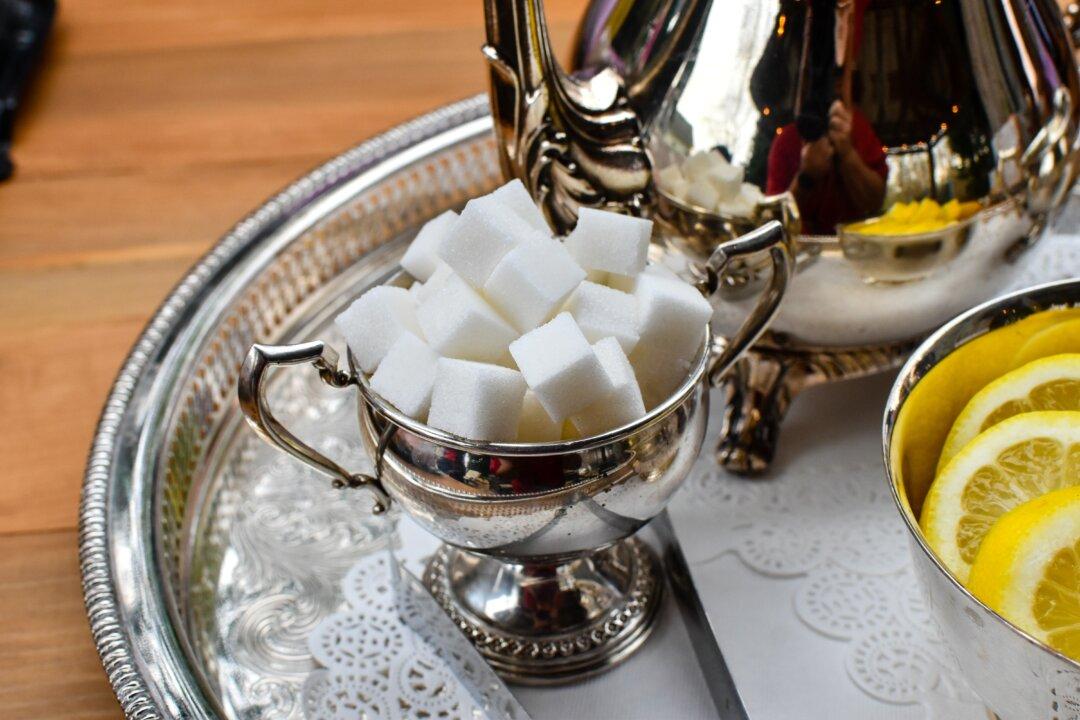Dentists and doctors are welcoming a sugar tax to wean Australians off sugar in a bid to tackle Australia’s obesity crisis which leads to some of the nation’s biggest killers of diabetes, cancer, and heart disease.
The “sin tax” would target sugary drinks, which are a major contributor to the crisis and provide almost no nutritional benefit, raising the retail price of the average supermarket sugary drink by 20 percent.





